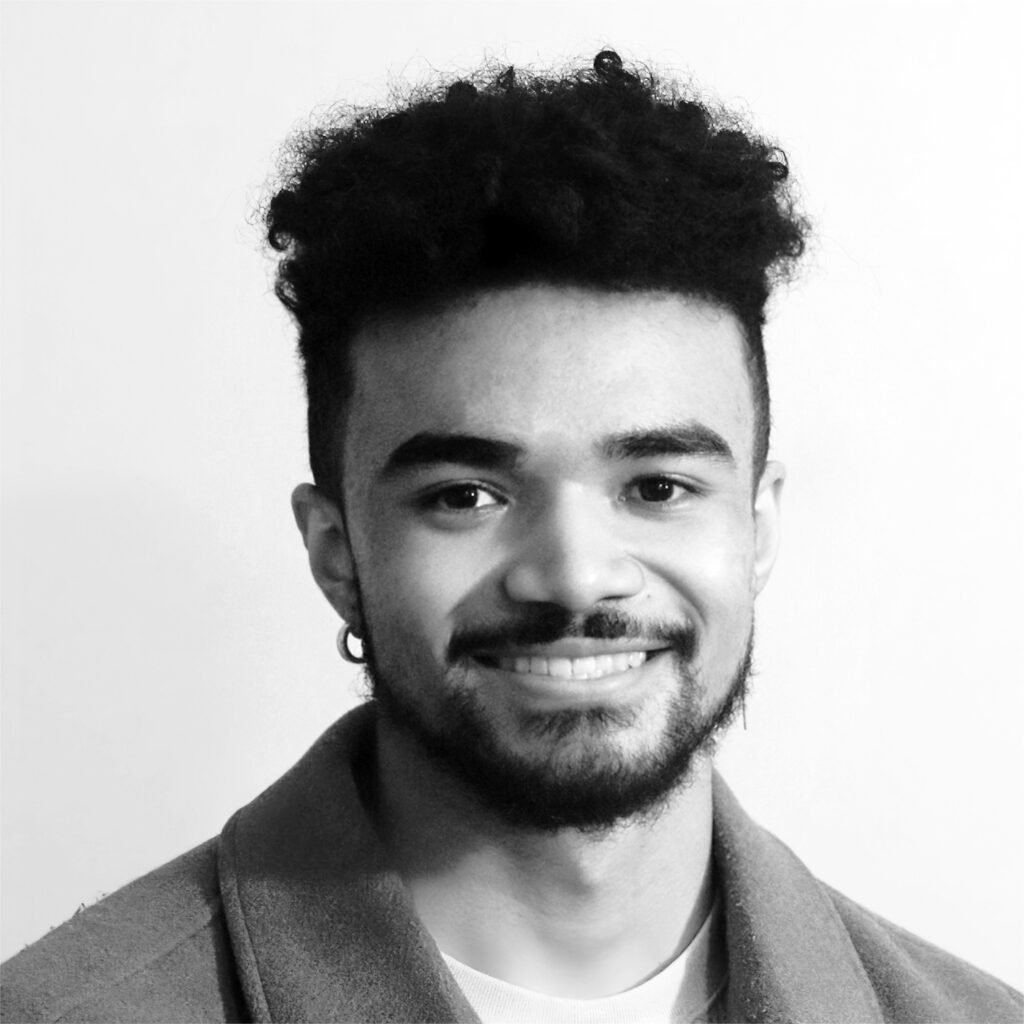Jordan Fridie is a game developer from San Ramon, California, specializing in technical game design. With a background that blends scripting, art, design, and programming, Fridie focuses on taking creative ideas from concept to execution—building mechanics and experiences that feel purposeful and alive. They studied at the Academy of Art University, where they discovered how to refine skills they had unknowingly developed since childhood.
From a young age, Fridie built fictional worlds filled with creatures, technology, and lore, then discussed them in detail with close friends. That imagination never shut off. If anything, it evolved. Today, Friedie’s process often starts with a single piece of art or a sound, followed by the question: How could this be used? Where does it belong? What story does it tell?

Fridie’s capstone project is “Sand Eaters,” a dark sci-fi FPS currently in development. Set in a dystopian world plagued by mutants and hyper-adaptive machines. “Sand Eaters” embodies their love for mechs, action, science fiction, and psychological horror. The game is not just a personal passion—it’s a culmination of everything Fridie has learned about game development, storytelling, and art.
Their time at ArtU included valuable collaborations, including work on the game “Teeth,” which sharpened their skills in team-based development across disciplines. Through the Academy’s Game Studio class, Friedie also contributed to projects with Stellantis, gaining experience in a professional studio pipeline outside of their usual genre focus.
Enrolled initially as a concept art major, Fridie found their true niche in game design, where they could imagine not just how something should look, but how it should feel and function. The variety of the program allowed them to explore and specialize, without limiting their creativity.
What drives Fridie’s work is an inability to shut off the “what if” part of their mind. They’re constantly imagining different futures, alternative timelines, and deeper layers beneath the surface of the worlds they build. Their work often carries darker undertones, but also a sense of personal taste, polish, and intention.
Looking forward, Fridie plans to release “Sand Eaters” as their first major title. From there, they aim to either join a large studio for growth and experience or, if the momentum is strong enough, continue building their own path as an independent developer. In their words: “We’ll see—there are so many moving parts, and every day brings new challenges and opportunities.”
Fridie delivered the following speech to this year’s class of graduating students.
Hello everyone.
Before anything else, thank you. To the faculty, families, mentors, and peers who helped us reach this moment: we didn’t do this alone.
That said, today, I want to speak not just to the artists, designers, and creatives in the room, but to anyone who has ever doubted themselves, felt held back, or convinced themselves that their voice wasn’t worth hearing.
That should be everyone here, right?
The truth is: self-doubt is natural, and it’s not a weakness. It’s healthy, even. It means you care about what you do. It means you want to do it justice and achieve your vision.
But that doubt—if left unchecked—can grow. It can convince you that you’re not ready. That you’re not talented enough. That you should wait until you’re perfect.
The most important thing I’ve learned in the past few years is that perfection doesn’t come first. Action does.
Start small, but start. Take the risks, even if you’re afraid, especially if you’re afraid. Every step forward—every sketch, prototype, failed draft—is progress. Clarity comes through doing, not waiting.
A cousin of mine once said something that stuck with me: “I’d rather be improving and insecure than stagnating and feeling secure.”
That’s the reality of the work we do. This industry—this world—is constantly evolving. And we have to evolve with it. To adapt. To innovate. Comfort is not the goal. Growth is.
As artists, we didn’t choose this field because it was easy or predictable. We chose it because we believe in the power of expression. We want to turn ideas into reality, to share something meaningful with the world. And that requires more than just skill—it requires resilience. It requires confronting yourself—your fears, your ambitions, your failures—and creating regardless.
The world is already full of voices telling you to shrink. To play it safe. But we are not here to roll over and give up. We are here to build. To push. To imagine something better and then make it real.
There’s a phrase I carry with myself: Pierce the heavens.
To me, it means don’t stop at what seems possible. Don’t limit yourself to what’s comfortable. Push further. Go beyond. Your dreams—however distant—are worth chasing. And if you keep showing up, with consistency and heart, you’ll land somewhere far beyond what you thought was possible.
So to the graduating class: trust your voice. Trust your path. And above all, keep creating—no matter what.
Congratulations!
